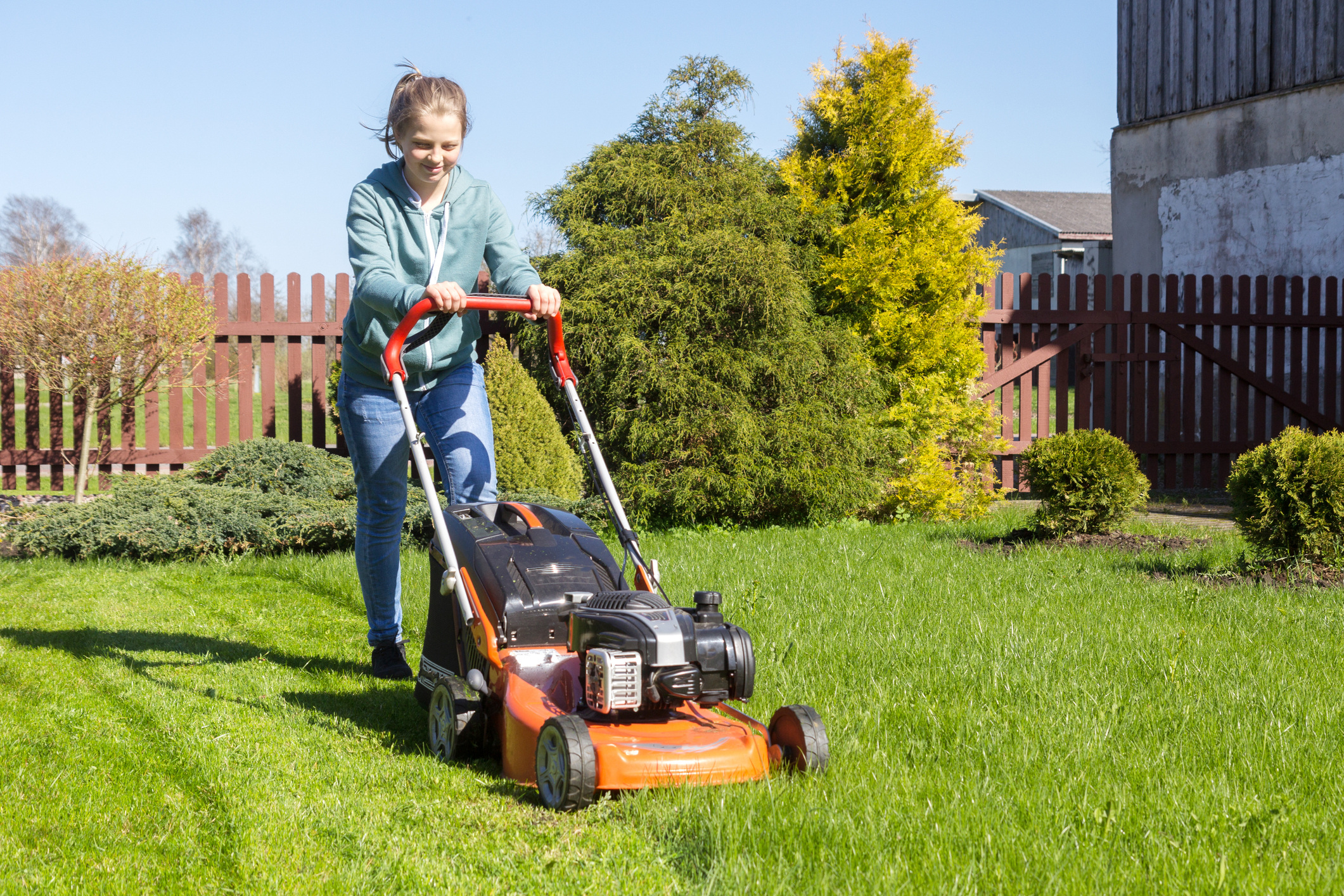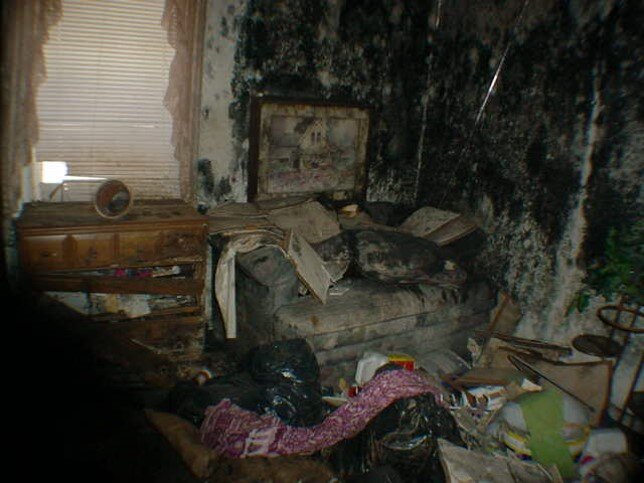Most housing organizations handle lawn maintenance and snow removal directly or through an insured third-party contractor, but it's not uncommon for residents of scattered sites to take on the responsibility. This can take the burden off busy maintenance teams and help instill a sense of pride in residents, but is it worth the risk?
HAI Group Senior Account Executive Michelle Bozzuto has fielded multiple questions from housing organizations wondering whether residents are allowed to handle lawn care duties. It's admirable when residents volunteer to chip in on property maintenance, whether trimming the hedges and mowing the lawn in the summer or removing snow and ice from sidewalks in the winter.
"Sometimes, residents are just bored and want to maintain their property and feel like they have a home," Bozzuto said. "But as an insurance company, we have to remind you of the possibilities and potential of risk opening up."
Nick Mayo, a senior risk control consultant at HAI Group, said housing organizations should avoid getting residents involved in lawn maintenance and snow removal duties.
"Residents should not maintain the landscaping, especially if the housing organization already provides lawn care or snow removal services," he said. "Either the housing organization or an insured contractor should handle it."
What's the harm in allowing (or requiring) that residents take care of their property maintenance? Mayo said it raises potential liability questions:
-
What happens if a resident is injured while cutting the lawn or shoveling snow?
-
What happens if equipment and gasoline are stored improperly, resulting in damage, theft, or injuries?
-
What happens if a resident does damage to the lawn or surrounding property?
HAI Group Risk Control Manager Mary Ciccaglione said housing organizations that allow (or require) residents to handle lawn and snow removal duties should consult with legal counsel and ensure responsibilities are carefully written into lease agreements.
"Identify resident responsibilities and require them to report any hazards that they can't repair on their own to the housing organization as soon as possible," Ciccaglione said. "If it's not in the lease, it can lead to issues. If it's in the lease, at least the housing organization has something enforceable. I would also recommend the lease include language to hold the housing organization harmless should the resident be injured due to their use of their lawn equipment."

In general, Mayo said, housing organizations should not be responsible for purchasing or maintaining lawn care or snow removal equipment on behalf of residents. The organization should provide a storage shed located a safe distance from the home. It's also vital that housing staff check in regularly to ensure residents are following through on the duties specified in the lease, Ciccaglione noted.
Even if a lease places property maintenance responsibilities on the resident, disputes can arise. In a recent scenario, a housing organization had within its lease that the resident was responsible for lawn maintenance at a scattered site. A visitor to the resident's home tripped in a divot in the yard and filed a lawsuit against the housing organization, claiming that housing staff should have noticed and fixed the lawn defect during an unrelated visit a short time before the incident.
The lawsuit is ongoing, and even if the housing organization isn't deemed responsible, significant legal expenses have accrued.
"We just encourage housing organizations not to allow residents to manage their lawn care and snow removal," Bozzuto said. "We get the intent and that some residents enjoy taking care of their property, but there's too much risk involved."
Contact our Risk Control and Consulting team for more resources and answers to your housing organization’s property and liability questions.
This article is for general information only. HAI Group® makes no representation or warranty about the accuracy or applicability of this information for any particular use or circumstance. Your use of this information is at your own discretion and risk. HAI Group® and any author or contributor identified herein assume no responsibility for your use of this information. You should consult with your attorney or subject matter advisor before adopting any risk management strategy or policy.
HAI Group® is a marketing name used to refer to insurers, a producer, and related service providers affiliated through a common mission, management, and governance. Property-casualty insurance and related services are written or provided by Housing Authority Property Insurance, A Mutual Company; Housing Enterprise Insurance Company, Inc.; Housing Specialty Insurance Company, Inc.; Housing Investment Group, Inc.; and Housing Insurance Services (DBA Housing Insurance Agency Services in NY and MI).






